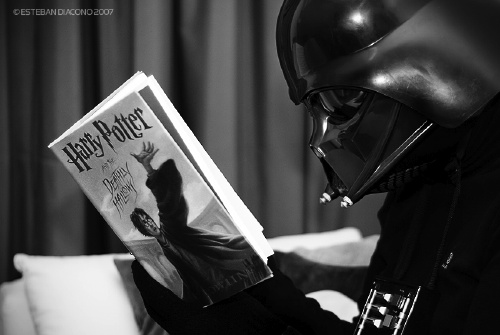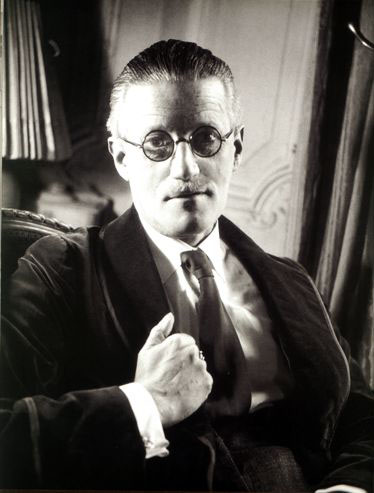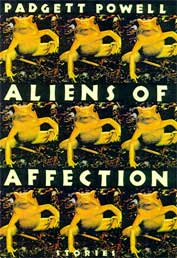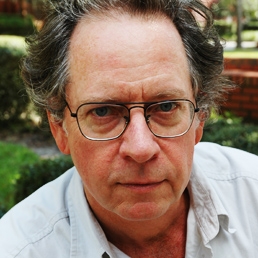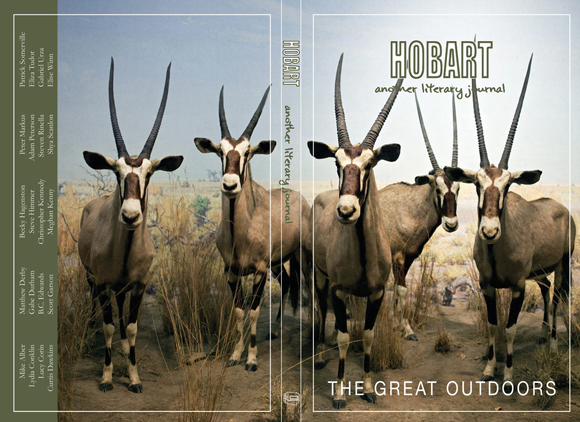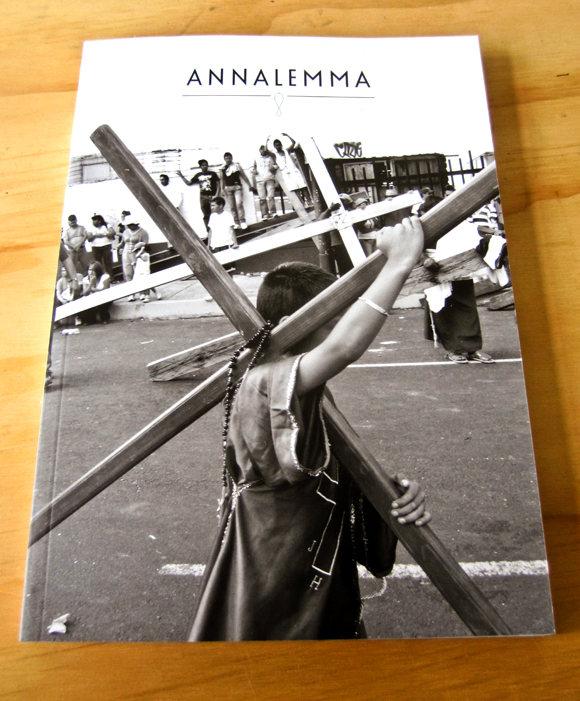Last week we had a discussion about community and it became clear that the majority among us indie lit writers and publishers (that felt moved to comment on this blog) believed that writing and publishing with the indie lit community in mind may not be the primary goal, but was very important to keep in mind.
Since then, it’s become abundantly clear to me that the writing that we produce and publish, the stuff that all this wall head beating is for, is being marketed by us, right back to us. We are the audience and we are the producers. It’s created a very clear niche.
The positive effect seems to be that with each powerful story that we write, with each novella and journal we publish, we seem to up the bar for one another, making a decent training ground for us to hone our chops in the hopes that we may be able to graduate to the big leagues. However, some of us are fine just where we are, harboring no interest in publishing with, or on the level of, a major publishing house. A lot of those guys have fucked the publishing industry into the ground with their inability to adapt to a changing market, so why would you want to have anything to do with them?
The negative effect is that the more we write and publish toward each other, the more insular we become, the more splinter factions of style choices are created, the smaller the niches grow until it’s Writer A writing a story for the singular audience of Writer B and vice versa, ad infinitum, the literary version of a circle jerk.
The problem: We, as an indie lit community, aren’t connecting to readers. Independent film has had its boom, and was shortly followed by a boom in independent music. It’s time independent literature had a boom of its own.
There’s a prevailing attitude these days is that no one reads anymore. This is bullshit. Books haven’t lost their power to speak to people and there are folks out there who want to read, they just don’t know what to read. When faced with an overabundance of choices, a person is going to go with what’s familiar. That’s why the bestselling authors stay bestselling authors and why it takes a new author at least a $100k marking campaign to tap into that list. There are people out there craving the good words we’re producing but we’re nowhere close to reaching them. However, as indie publishers and writers, we don’t really have $100k to throw around on marketing campaigns. So what can we do to connect with readers outside of our immediate circle? Do what we’ve always done: start small.
1. People react most to word of mouth. Recommendations are how people make choices on what book they’re going to read next. Did you love The Adderall Diaries? Suggest it to a friend. Did We Take Me Apart change your life? Pass it on to someone you love and tell them that it means a lot to you. Do book trades. Promise your girlfriend that you’ll read the Harry Potter books she holds so dear if she reads A Jello Horse.
2. Ask your friend’s band if you can sell your book at the merch table at their show. If you’re book looks lonely at the table all by itself then sell other books you like. Contact us publishers, I’d happily send out a stack of mags if someone said they were going to sell them for me at a rock show.
3. Start an indie lit book club! Holy crap are book clubs awesome, sitting around a friends living room one night a month drinking wine talking about books. Damn good times, my friend.
4. And blog, people. For the love of god, blog. If you love a book, write a review. It doesn’t even have to be a great review, you don’t even really need to say anything more poignant than, “This is a good book. Here’s why. You should buy it.”
There’s people outside of the writing game who are looking for good words and they’re not finding them. Instead they’re going with whatever’s on their immediate field of vision, meaning books published by corporate publishing houses. Last week my friend IM’d me saying he wanted to start reading some novels so he bought Never Let Me Go. However he claimed he had a short attention span and thought short stories would be more his speed. I sent him links to AM/PM, SFAA and A Common Pornography (the HP version. Technically not an indie lit book, but definitely a gateway to it). He added them to his cart at Powell’s almost immediately. People have a fever, they need good words to cure them. You are the doctor. Prescribe them some good stuff.
As writers we can’t sit back and let the publisher worry about how this is going to get into the hands of readers and vice versa. This is something we love and no one’s going to market this stuff for us, so the onus is on us as writers and publishers to get it out to people who are going to react to it.
These are just some beginning ideas on how indie publishers and writers can connect to readers. If you have nay others please shout them out in the comments. We’re all in it together.














